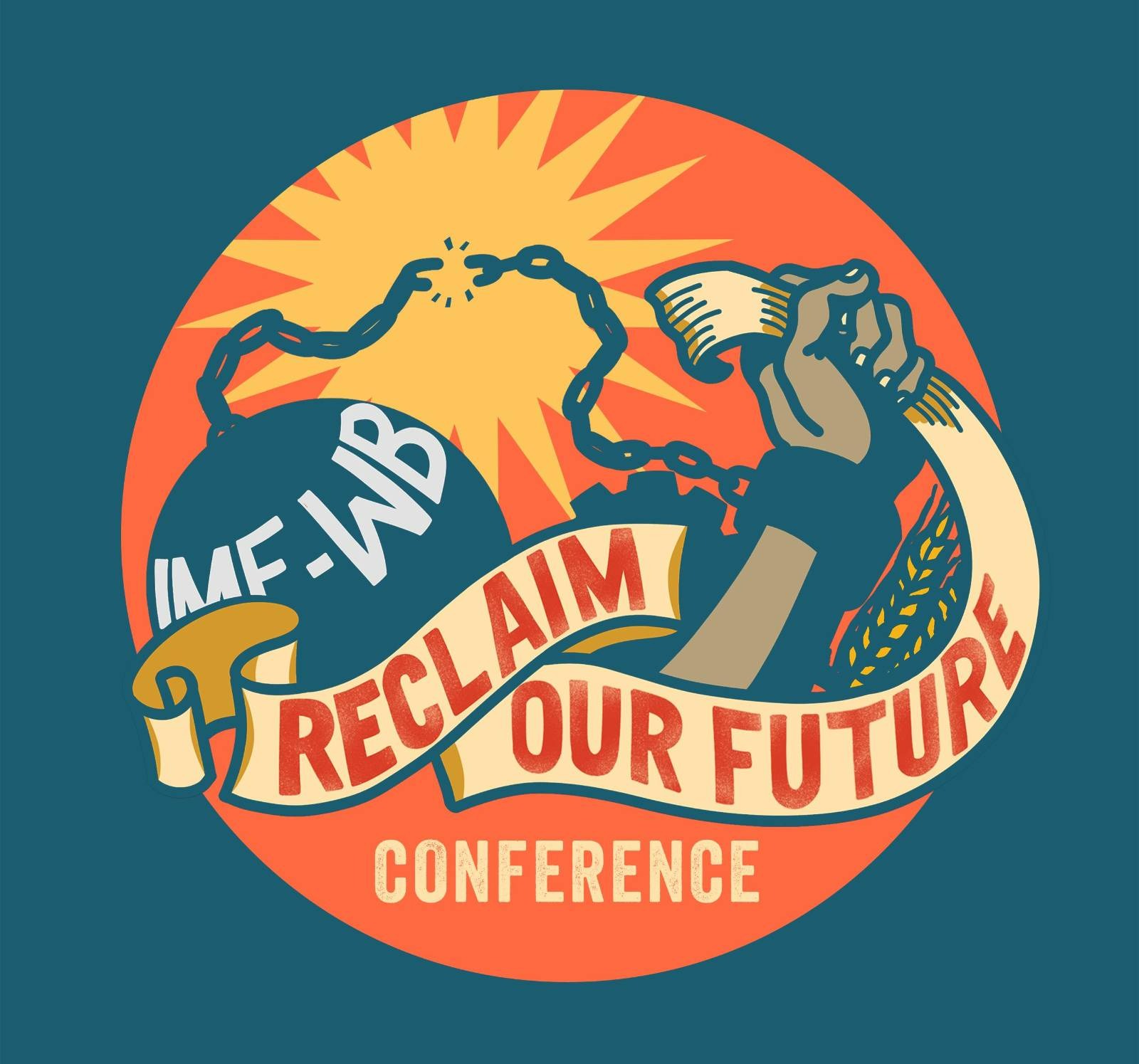IMF-WBG, US-led militarism amid crises
The rhetorical shifts in the IMF-WBG in 2023, such as the Bank’s Evolution Roadmap, is founded on glossing over historical harms of neocolonial interventions and rights impacts across the decades
More than a decade since the Arab Spring uprisings, the West Asia and North Africa (WANA) region still faces social and economic turmoil, with worsening climate, debt, and conflict situations. In WANA and Africa in general the IMF-WBG continue to prioritise US geopolitical interests. The IMF has been pushing for the increase of private sector engagement, with conditionalities worsening the conditions of women and increasing hunger. Coupled with these already grave crises, the IMF-WBG are also heavily involved with greenwashing and resource plunder despite claiming to be committed to delivering ecological shifts. The Bank’s rhetoric on addressing the economic drivers of conflict is in stark contrast with its record on rights and peoples’ development.
Their approaches, policies, and projects focused on private capital create conditions for social exclusion, inequalities, and injustices. By proposing greater private investment as a solution to reducing violence in “conflict-affected” contexts, the Bank model is using conflict-torn contexts as a business case for the private sector. The IMF-WBG are entrenched in contexts of wars, mostly inflicted by the US. They have stamped their role in taking advantage of ‘conflict moments’ to forward the neoliberal agenda and use countries at war as ‘frontiers of capital’. This is true in West Asia and Africa where the IMF-WBG and the US uphold dangerous policies and practices, with private capital, that exacerbate tensions.
The rhetorical shifts in the IMF-WBG in 2023, such as the Bank’s Evolution Roadmap, is founded on glossing over historical harms of neocolonial interventions and rights impacts across the decades, and of their continued loans, conditionalities, projects, and other programmes on working peoples and sectors asserting their rights. In short, a silence on the responsibility of their economic meddling for the harms of austerity, rising debt burdens, destructive projects, dirty energy, roles in conflict, among others.
At the same time, so-called World Bank reform masks the continuation of the pre-pandemic and failed model of promoting private finance as solutions. The common trajectory across decades is the protection of US economic interests, the alignment with its foreign policy, and the push for the global South’s integration with Wall Street-led monopoly capitalism. This is now in a context where the post-Cold War hegemonic power of the US is in strategic decline.
The IMF-WBG Annual Meetings in October 2023 takes place amid a glossing over harms and an attempt to reconsolidate its global economic and financial role in the name of reform. It will be the first Annual Meetings in a developing country venue in five years, to be held in Marrakech, Morocco in the Arab region, and the first in Africa after decades.

